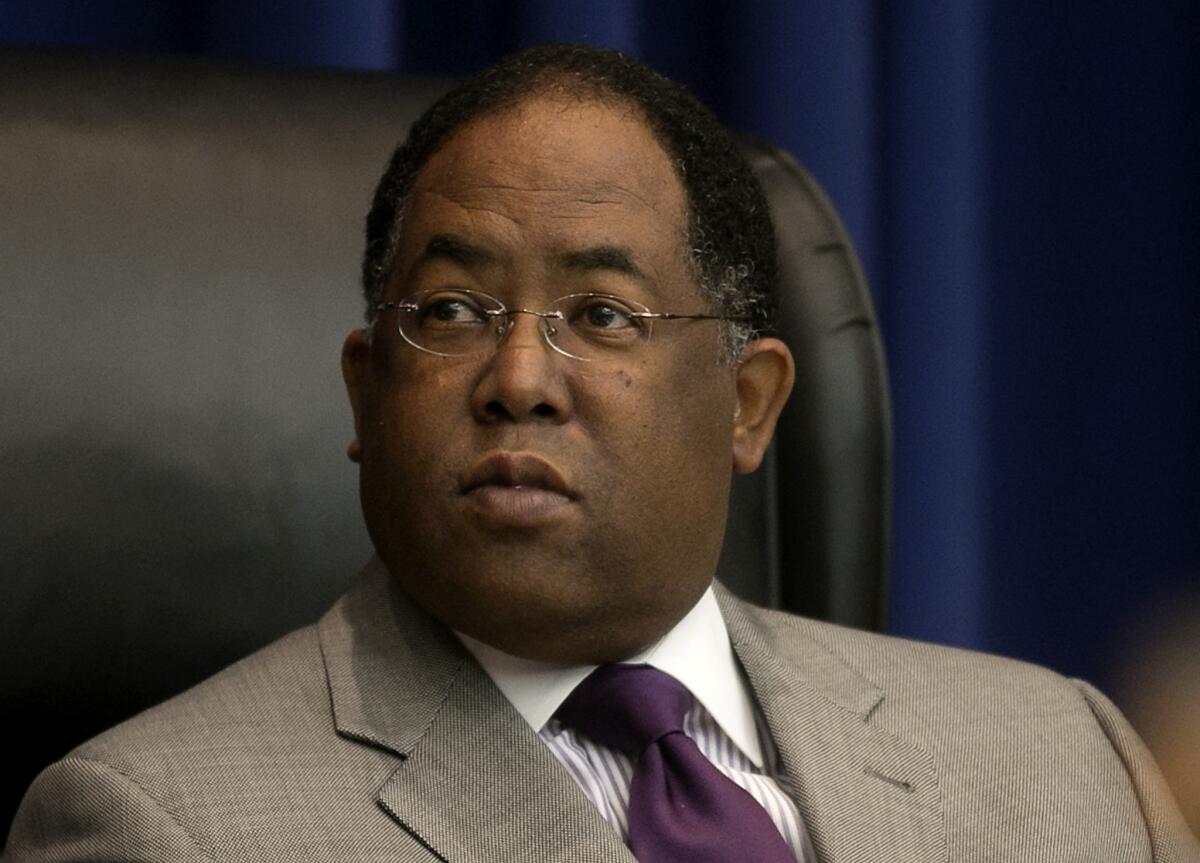County wants foster care workers to learn how to spot sex trafficking

- Share via
County officials are exploring a plan to require more intensive training for foster parents and group home workers to help them recognize warning signs that children and teens under their care may be victims of sex trafficking.
County supervisors Mark Ridley-Thomas and Don Knabe have pushed for a more aggressive response to the issue of minors being used in the sex trade.
In November 2012, the supervisors created a task force focused on the issue of sex trafficking of youths in the foster care system. A large percentage of juveniles involved in prostitution have gone through the foster care system at some point, and pimps sometimes recruit underage sex workers from group homes.
The board voted Tuesday to ask the county Department of Children and Family Services and probation department to look into setting up agreements with local colleges and universities to run training programs about identifying and working with youths who have been victims of sex trafficking. Foster parents and group home workers would then be required to go through the training.
Philip Browning, head of the foster agency, told the board that he agrees with the need for more education on the issue but expressed concerns about how the county would pay for it.
Supervisor Michael D. Antonovich suggested that the county should explore partnerships with private organizations to help secure funding, as well as looking for state assistance.
“To say that the state has to do it or we leave these girls on the street is totally irresponsible,” he said.
Rachel Thomas, a sex trafficking survivor who now runs a nonprofit focused on preventing sexual exploitation, praised the move to give caregivers in the foster system more training on the issue.
“I know from personal and professional experience that education is the best inoculation,” she told the board. “Most of them are not being kidnapped randomly, they are lured. There’s a grooming process ... with recognizable signs.”
Twitter: @sewella
More to Read
Sign up for Essential California
The most important California stories and recommendations in your inbox every morning.
You may occasionally receive promotional content from the Los Angeles Times.











